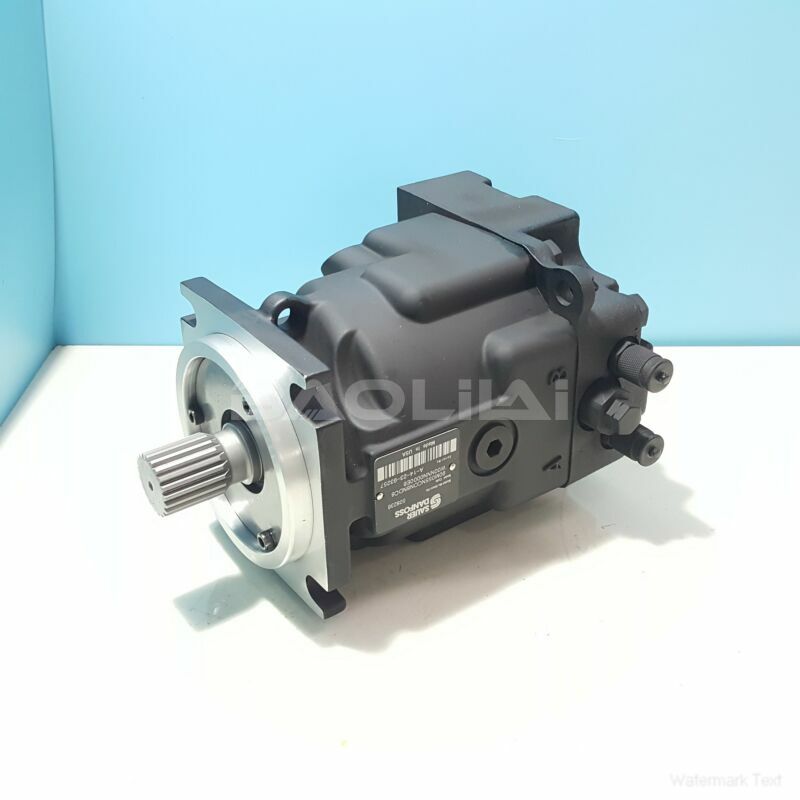90M075NC0N8N0C7W00NNN0000F3 piston motor
90M075NC0N8N0C7W00NNN0000F3 piston motor

- Product Details
- Applicable Scene
In the realm of industrial machinery, efficiency, reliability, and performance are paramount. One critical component that has gained traction in large industrial compressors is the hydraulic motor. This technology offers several notable advantages that enhance the functionality and longevity of these powerful machines.
90-M-075-NC-0-N-8-N-0-C7-W-00-NNN-00-00-F3
90M075NC0N8N0C7W00NNN0000F3
First and foremost, hydraulic motors provide exceptional torque characteristics. Unlike electric motors, which typically require a complex gearing system to achieve high torque at low speeds, hydraulic motors deliver high torque directly at the output. This capability allows large industrial compressors to start under load and handle the stress of heavy air compression without substantial wear and tear on the components. The immediate torque output also facilitates rapid start-up times, minimizing downtime in operations.

9531119
Another significant benefit is the versatility of hydraulic motors. They can be easily integrated into existing systems, allowing for retrofitting or upgrades without the need for a complete system overhaul. This adaptability makes hydraulic motors an attractive option for industries seeking to modernize their equipment while maintaining budgetary constraints. The ability to function in diverse environments—regardless of temperature, humidity, or altitude—also makes them a preferred choice for industrial applications in challenging conditions.
Hydraulic motors are also known for their smooth operation, which results in lower vibration levels compared to electric motors. This reduced vibration translates to less wear and tear on both the compressor and the surrounding infrastructure. In turn, this contributes to longer maintenance intervals, decreases the frequency of repairs, and extends the overall lifespan of the equipment, ultimately leading to cost savings for businesses.
Moreover, hydraulic systems are inherently safer in hazardous environments. They do not pose the same fire hazards as electrical systems, particularly in areas with flammable materials or extreme temperatures. Hydraulic oils are also less prone to ignition compared to electrical components, ensuring that operations remain safe and compliant with industry regulations.





